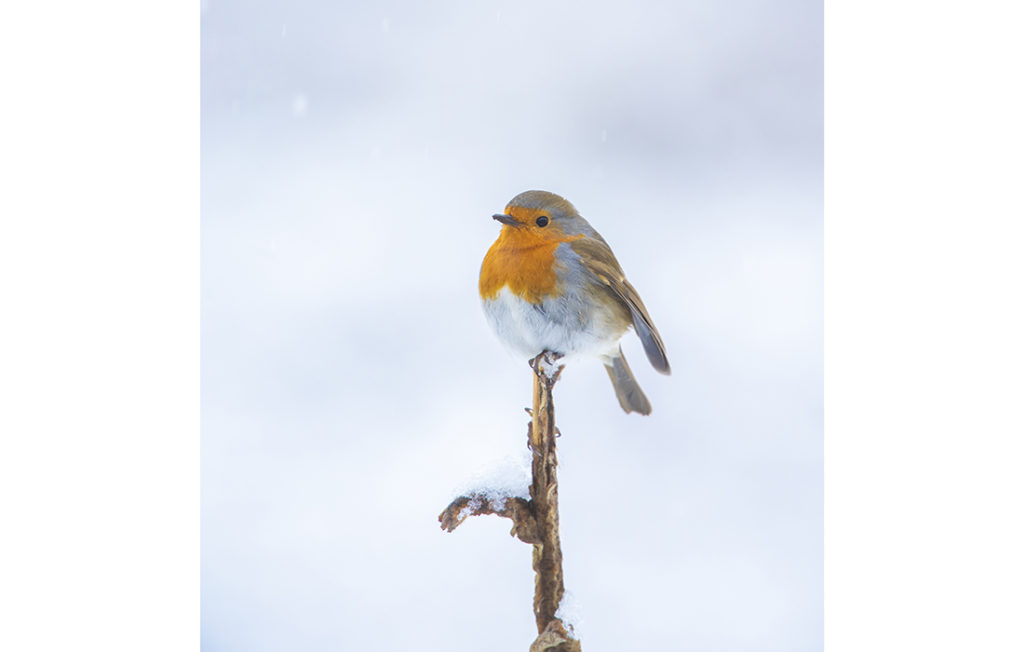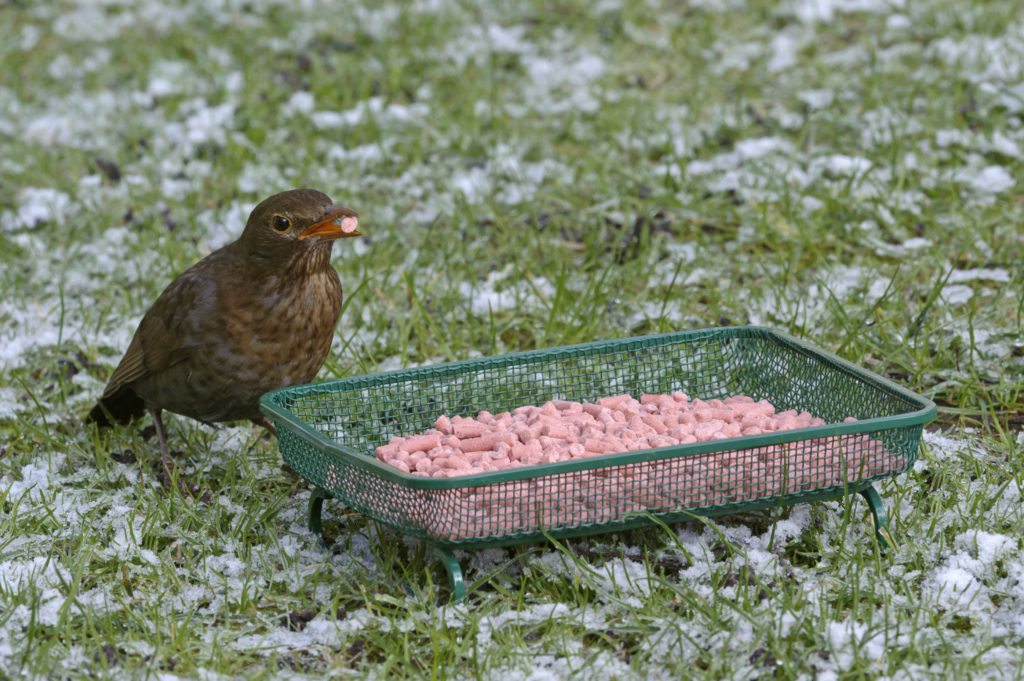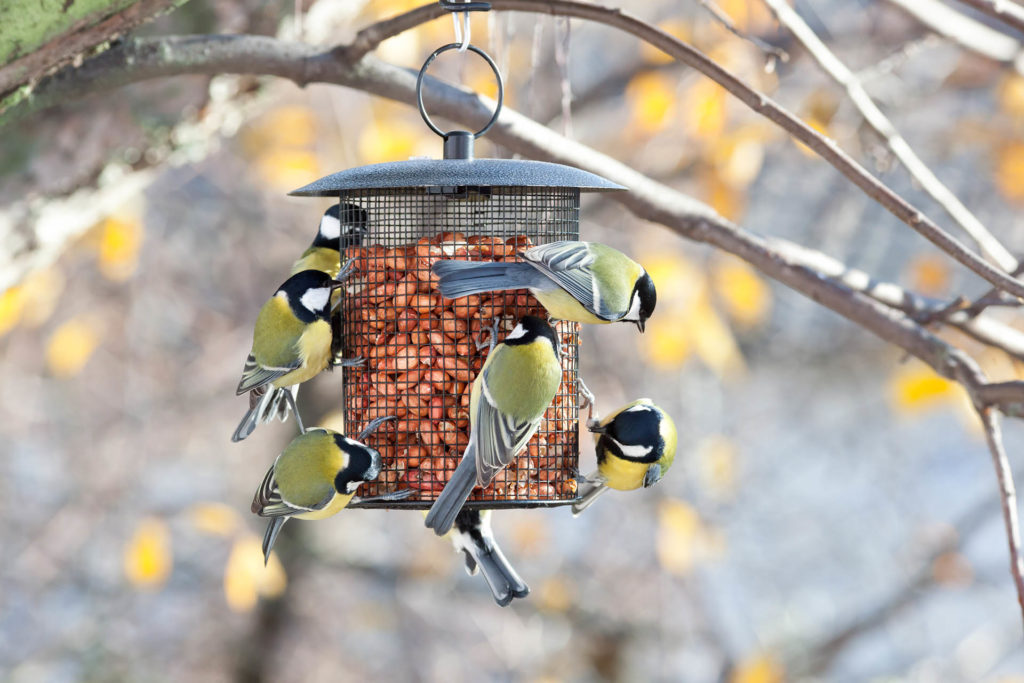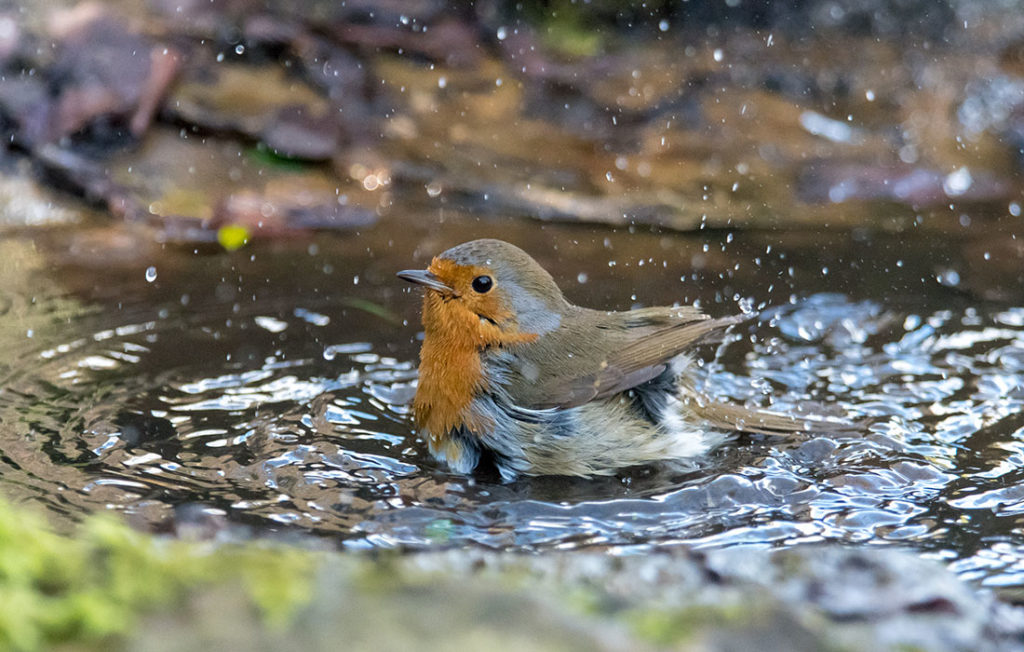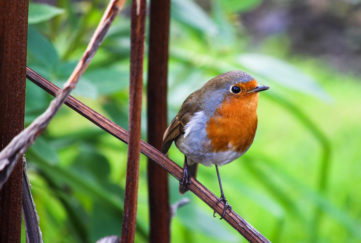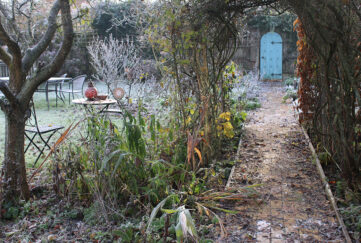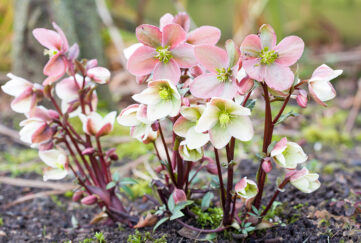A Christmas Feast For The Birds In Your Garden
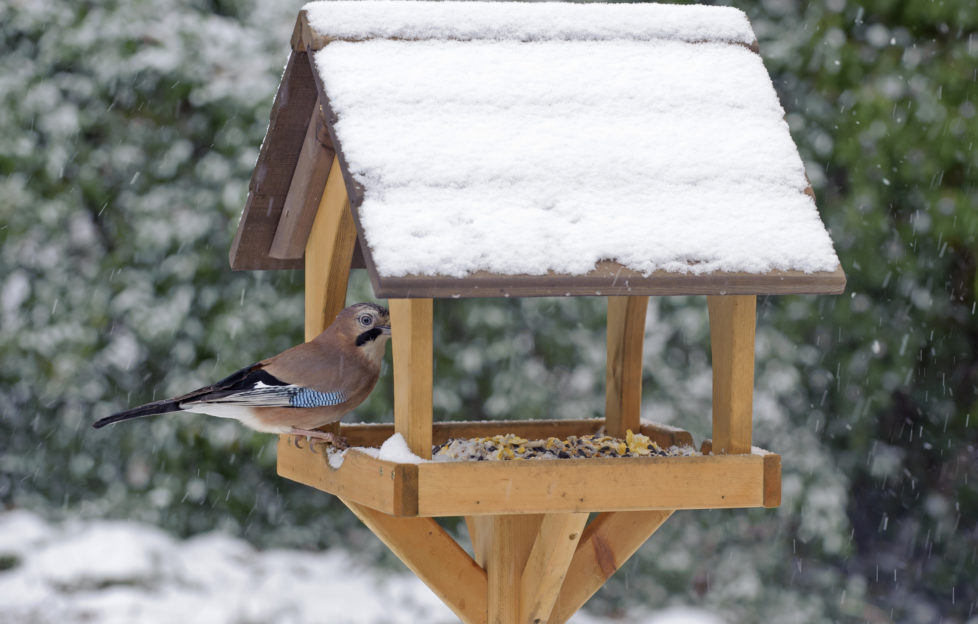
Christmas may look different for many of us this year, but your garden birds will be just as hungry as ever! In the winter there’s less food available in the countryside so any food you put out in your garden or balcony will be very gratefully received.
Here’s a quick guide to what you can put out and foods to avoid.
You can always get in the holiday spirit and give the birds some of your Christmas meal leftovers – they’ll love some chopped unsalted bacon rind, dried fruit, old apples and pears and crumbled cheese.
Cooking fat from your Sunday roast or Christmas turkey can stick their wings together, however, making it impossible for them to keep dry and warm, so keep that for yourself (perhaps you could make a lovely stock?). Some other foods can also be dangerous for birds, including dried coconut, cooked porridge oats, and milk, so be sure to check on the RSPB website just in case.
Packaged bird food is always a lovely present for the birds as well – sparrows, tits and finches will all visit feeders containing nuts, fat or seed mixtures with sunflower hearts, flaked maize, millet and nyjer seed. The insect-eaters, the dunnocks, robins, starlings, and wrens for example, prefer mealworms but will eat other types of food too. Suet-based products are particularly calorific so can be a big boost in getting your birds through the colder nights.
Let’s not forget the drink side of the meal! Birds are slightly easier to cater for than your loved ones in this case – all they need is fresh water for drinking and bathing. This can be harder for birds to find in winter as ponds start to freeze, but you can keep your birdbath ice-free by floating a ping pong ball on the surface. The slightest gust of wind will keep the ball moving and stop the water turning to ice.
You can also help the birds in your neighbourhood by taking part in the Big Garden Birdwatch! Every year for the past four decades the RSPB has asked people to look out their window or head to their local park and let us know what birds they see over the course of an hour. This helps us to keep track of how garden birds are faring, and with about half a million people taking part every year it is now the world’s largest garden wildlife survey. You can take part on the 29, 30, or 31 January 2021, so for your FREE Big Garden Birdwatch guide, which includes a bird identification chart, top tips for your birdwatch, RSPB shop voucher, plus advice on how to help you attract wildlife to your garden, text BIRD to 70030 or visit www.rspb.org.uk/birdwatch. Registration opens December 9, 2020.

